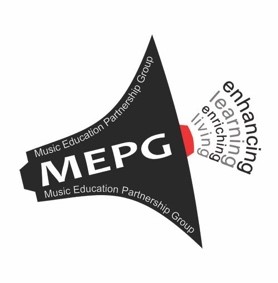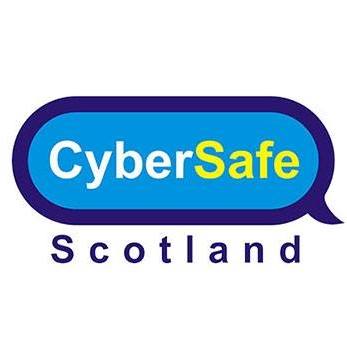ASN Survey Report February to March 2015

ASN Survey Report Feb –March 2015
- We received 423 responses to our ASL survey. Parents of children with a wide range of Additional Support needs, and in a variety of educational setting were represented (74% in mainstream primary or secondary). We received responses from every local authority in Scotland.
- 36% of respondents participate in their schools parent council. Many parents who do notparticipate went on to explain that the times the meetings are held are unsuitable but also that they do not feel the meetings are productive for ASN parents:
‘I would be a minority voice’
‘Parent council have not been very supportive to ASN issues’
‘Additional support needs are never discussed at PC meetings’.
‘ASN never mentioned’
- 42% of respondents know what additional support their child is entitled to, with several more stating they know what support the child receives but not necessarily if they are entitled to any further support. Respondents often described difficulties in finding this information:
‘we have had no guidance’
‘I have found it particularly difficult to navigate my way through the process of what my child is entitled to’.
Furthermore, several respondents adding that despite knowing what their child is entitled to, they are finding it very difficult to access the support:
‘ the council won’t acknowledge needs’
- Lastly, respondents mentioned that the whole process of accessing support is lengthy and time consuming:
‘system takes too long to deal with, assess and then put into place the required support’
‘Assessment takes far too long…it can be years’.
- 78% of respondents were involved in the discussions surrounding their child’s ASL needs. However, many respondents stated this was only because they asked to be, for example:
‘At my initiation, not from school’
‘only from proactive asking on my part’
‘only after constant pressure’
- Several respondents also feel that their participation and the discussionshad little impact:
‘although involved they do not listen’
‘They just tell me what I can have. It is not a discussion’
‘My comments were largely disregarded’
- Less than half of respondents agreed (strongly or slightly) that the ASL resources and support in their child’s school meet their individual child’s needs’ (45%).
- There are some examples of excellent practice:
‘Our primary school has been magnificent…I will be forever grateful to them’
‘the support for learning team have been fabulous’
- But also examples at the other end of the spectrum (25% of respondents disagreed strongly):
‘the gaps in the teachers understanding outwith teaching techniques was incredibly shockingly poor’
‘all my kid knows is punishment for her disability, seclusion, restraint…’
- There were many comments that resources and support have deteriorated due to cuts in funding.
- 38% or respondents say their child has been directly or partly affected by changes to ASL provision in their school, with 33% unsure. For the 38% provision has decreased through reduction of support staff / auxiliary numbers (92%), equipment (26%), learning materials (20%) and transport (6%). Only 9% were consulted about this change in provision.
- When asked if you could choose one thing to improve ASL, what would it be, the most popular responses were more support staff (32%), better training for teachers on specific support needs (28%) and more specialist provision (15%). Many respondents stating they found it difficult to choose though and would like to tick all of the options.
- Suggestions to promote good communication and schools in relation to ASL were plentiful and varied but the majority of responses mention that parents would like more communication, in particular more face-to-face meetings which are planned in advance. It was also mentioned that daily diaries would be useful for those who do not already receive these already. In these meetings they would like clear transparent and unpatronising information.
- Several respondents mention that one named teacher or a key contact would be helpful for parents. It was also suggested that written correspondence just for the parents of children with ASN children would be useful, for example targeted newsletters. It was also frequently mentioned that many parents would like ASN to be an agenda item at every parent council meeting, and to ensure there is at least one ASN parent on their parent council.
- Other information – the most frequently mentioned opinions of respondents were:
- that there is a huge disparity in provision of support, and acknowledging of ASN between schools and local authority areas with suggestions that standardisation would be useful.
For example: ‘support provision seems to vary quite significantly from one school to another, as does awareness of special needs’
‘standards across all regions should be the same’
- Several respondents suggesting that there should be a ring fencing of funding. For example:
‘If a child is identified as needing extra support it shouldn’t come down to budgets’
‘I don’t believe schools should be subject to budget cuts’
‘funding should be ring-fenced and protected’
- Many parents stating that schools and local authorities should take their, and their children’s opinions into account more. For example:
‘Give the children who have ASN a voice!’
‘teachers should listen to parents as they know their child better than the teacher’
- that Parent Councils should all have a member with ASN experience or one with ASL training
- it is noted that there were respondents who mentioned that ASL in the Gaelic medium is often not available.





